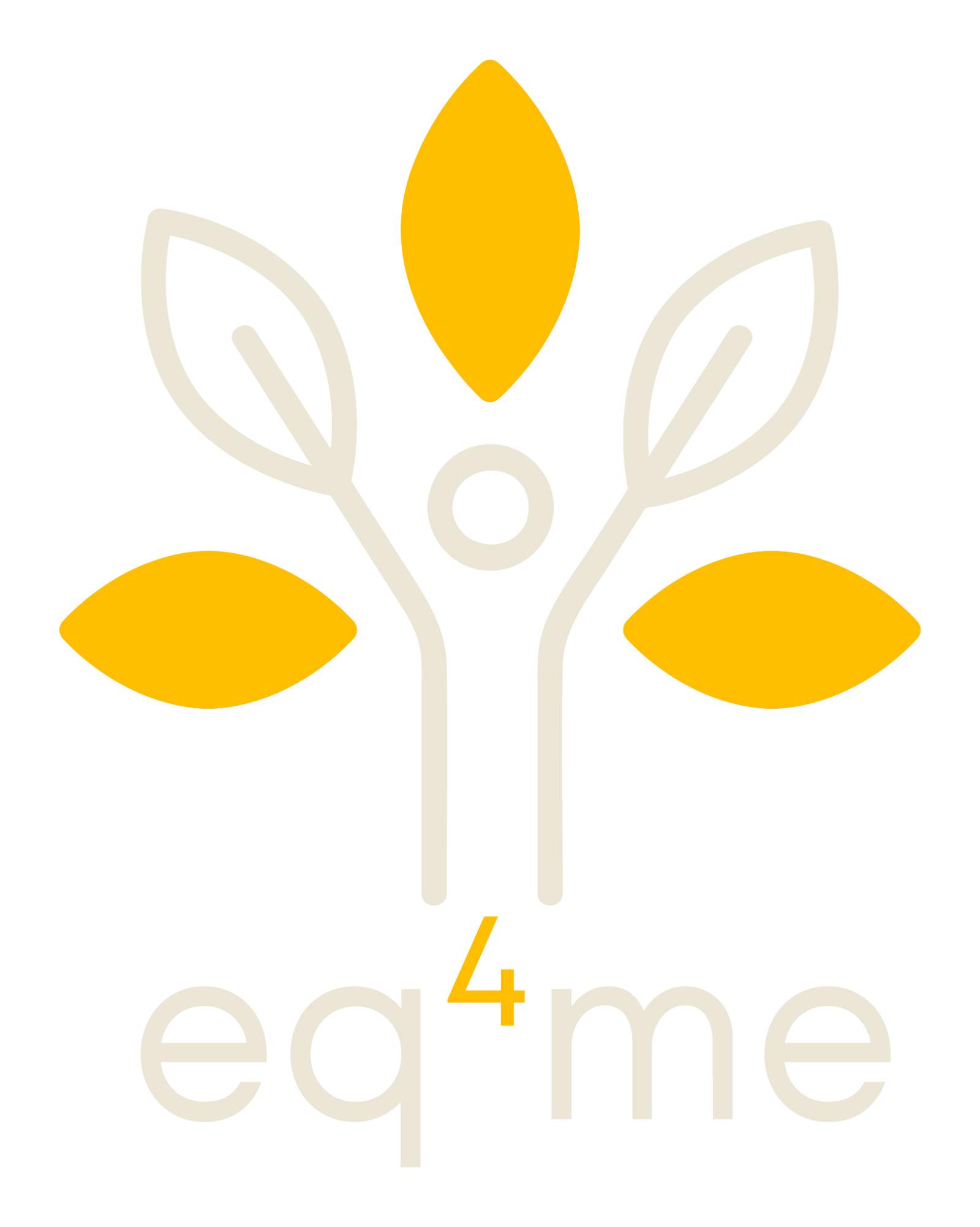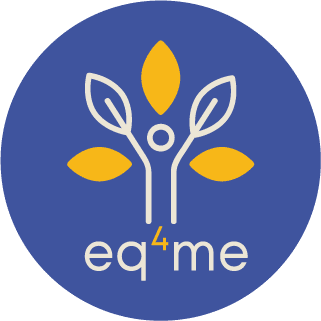In the realm of personal development, Emotional Intelligence (EQ) stands as a critical factor for success, impacting various aspects of our lives, from relationships to career advancement. Understanding and nurturing EQ can lead to improved decision-making, enhanced communication, self-understanding, improved relationships and better overall well-being.
What is Emotional Intelligence?
Emotional Intelligence refers to the ability to recognize, understand, and manage our own emotions while also being aware of others' feelings. It involves skills like empathy, self-awareness, social awareness, and self-regulation. Unlike IQ, which remains relatively stable over time, EQ can be developed and strengthened with practice and mindfulness.
Why is EQ Important?
EQ plays a pivotal role in various facets of life, shaping how we navigate social interactions, cope with challenges, and handle stress. Individuals with high EQ tend to communicate effectively, build stronger relationships, and exhibit resilience in the face of adversity. Moreover, many studies suggest a strong correlation between high EQ and professional success.
Developing Emotional Intelligence:
- Self-Awareness: Start by recognizing and understanding your own emotions. Reflect on your feelings, thoughts, and reactions in different situations. Mindfulness practices, such as meditation, journaling, and practising positive affirmations, can enhance self-awareness.
- Self-Management: Learn to manage and control your emotions, especially in challenging situations. Techniques like deep breathing, positive self-talk, and taking a pause before reacting can help regulate emotions effectively.
- Empathy and Social Awareness: Empathy is the ability to understand and share the feelings of others. Practise active listening, try to see things from others' perspectives, and show genuine interest in their emotions. Building strong social skills involves effective communication, and the ability to collaborate. Engage in networking, join groups, and participate in activities that encourage social interactions.
- Relationship Management: Stay solution focused and relationship sensitive. Learn how to resolve conflict and provide feedback that inspires change. Build meaningful relationships based on understanding and empathy and self-regulation.
- Self-motivation:Stay driven and focused on your goals. Understand what motivates you and use that drive to propel yourself forward, even in challenging times.
Utilising EQ in Daily Life:
- Conflict Resolution: EQ aids in resolving conflicts by promoting understanding and empathy, leading to more constructive conversations and solutions.
- Leadership: Effective leadership often involves strong emotional intelligence. Leaders who understand and manage their emotions well can inspire and motivate their teams more effectively.
- Career Success: EQ is highly valued in the workplace. Individuals with high EQ often excel in teamwork, leadership positions, and customer service roles due to their ability to understand and connect with others.
In Conclusion:
Developing Emotional Intelligence is an ongoing journey that requires consistent effort and self-reflection. By honing these skills, individuals can foster healthier relationships, navigate life's challenges more effectively, and achieve success both personally and professionally.
At eq4me, we understand the importance of Emotional Intelligence in personal growth and success. Explore our resources, courses, coaching services and tools designed to help you enhance your EQ and unlock your full potential.
Start your journey toward developing your Emotional Intelligence today and witness the positive impact it can have on every aspect of your life!




